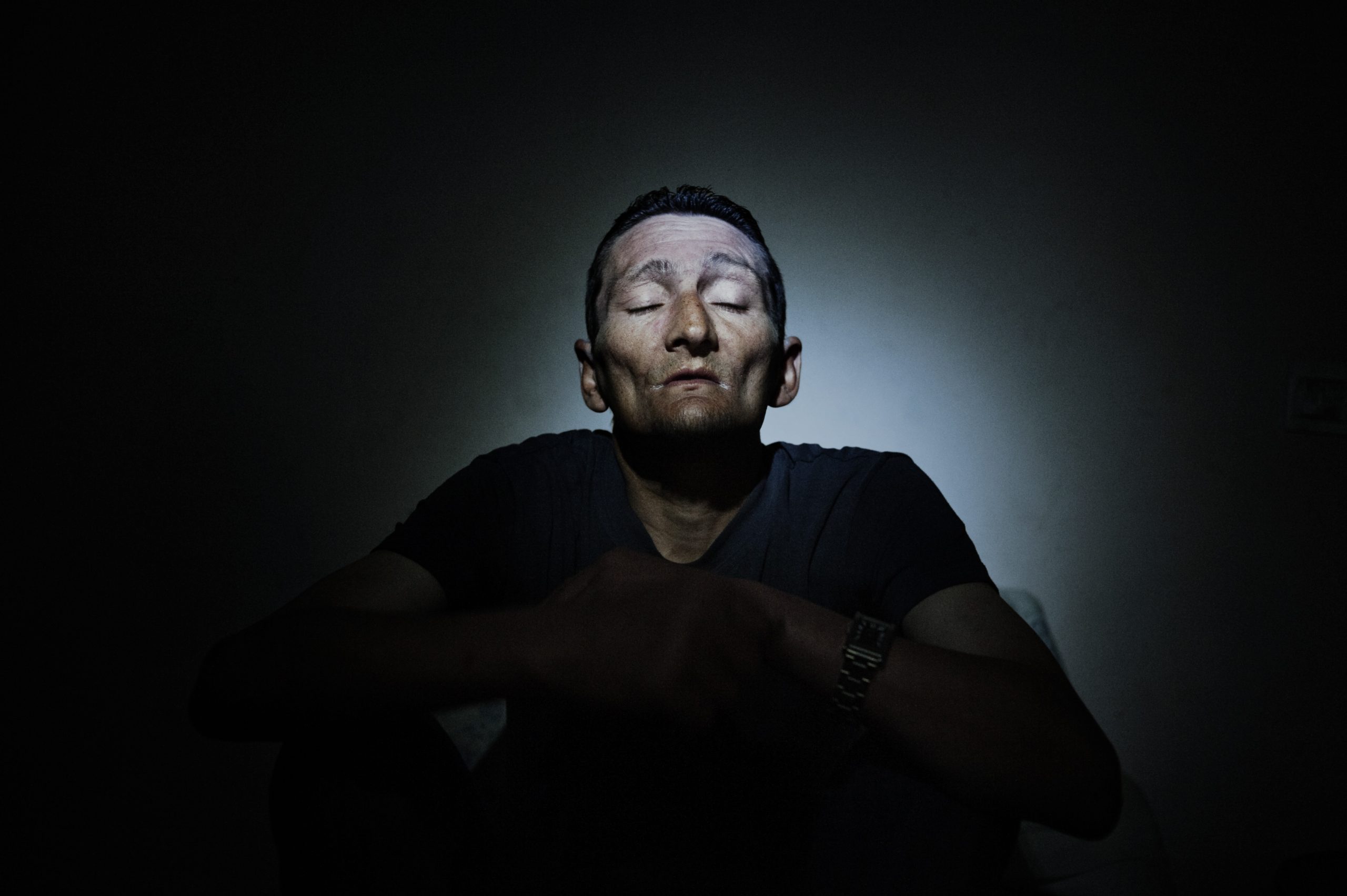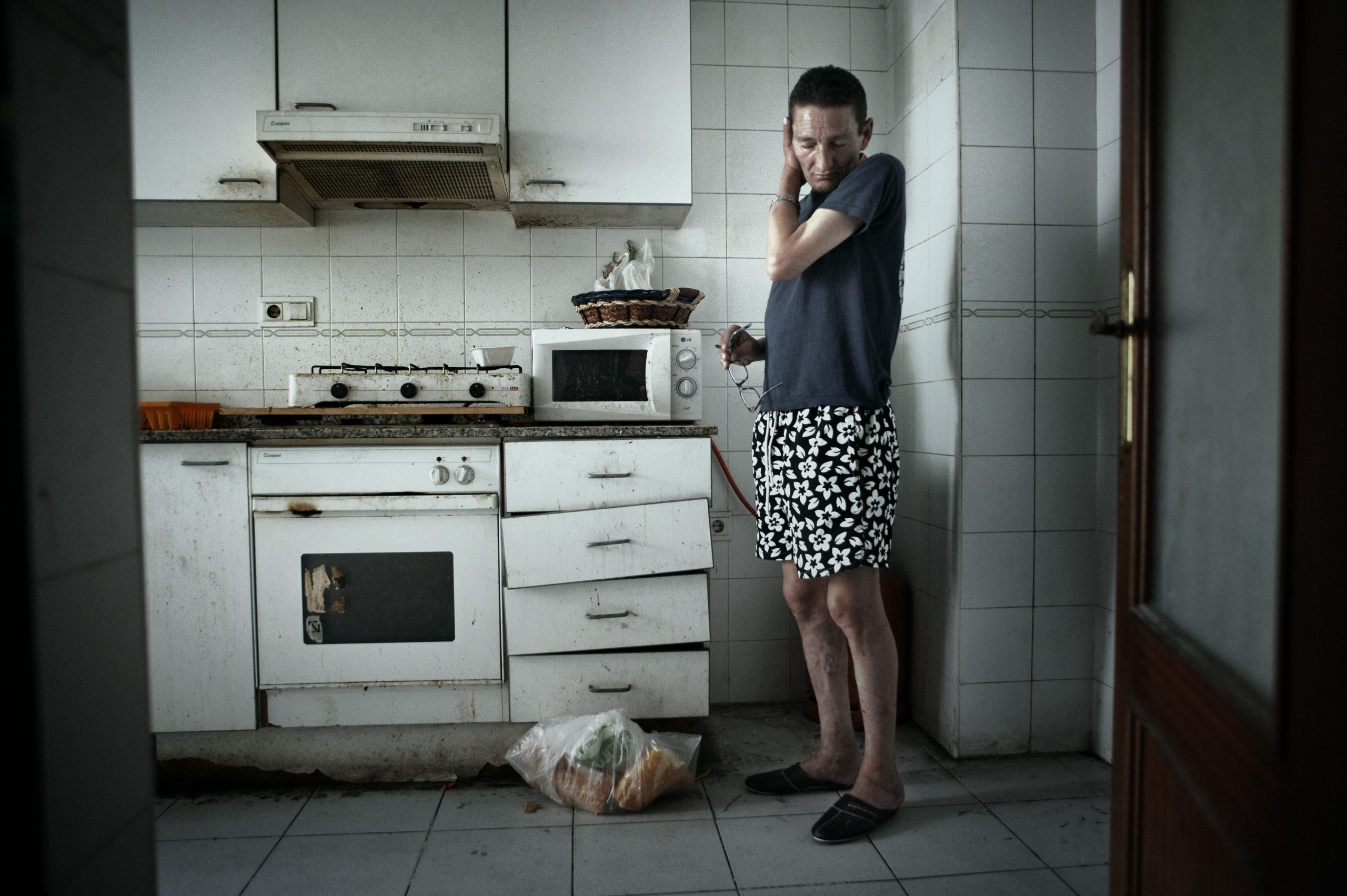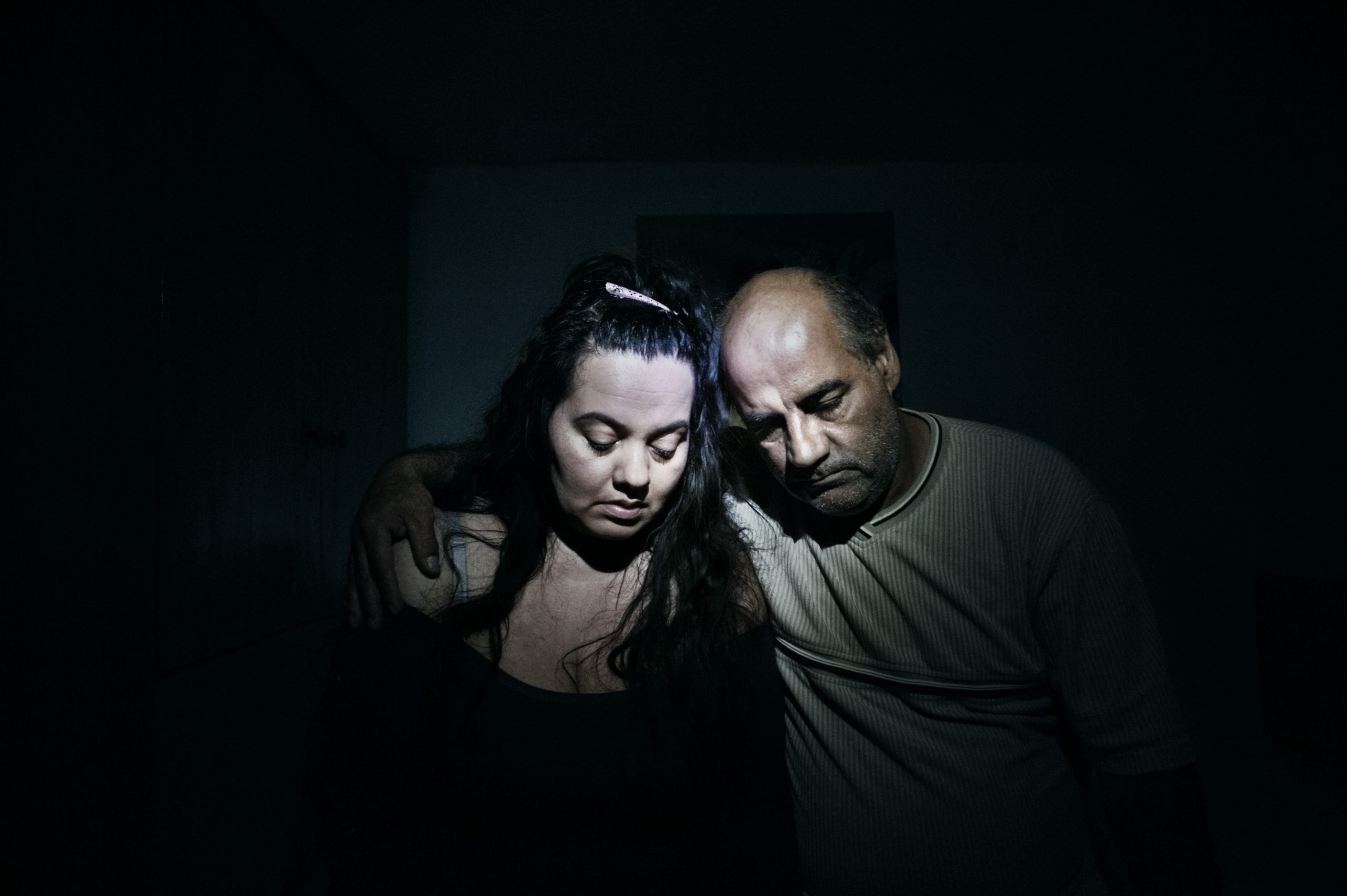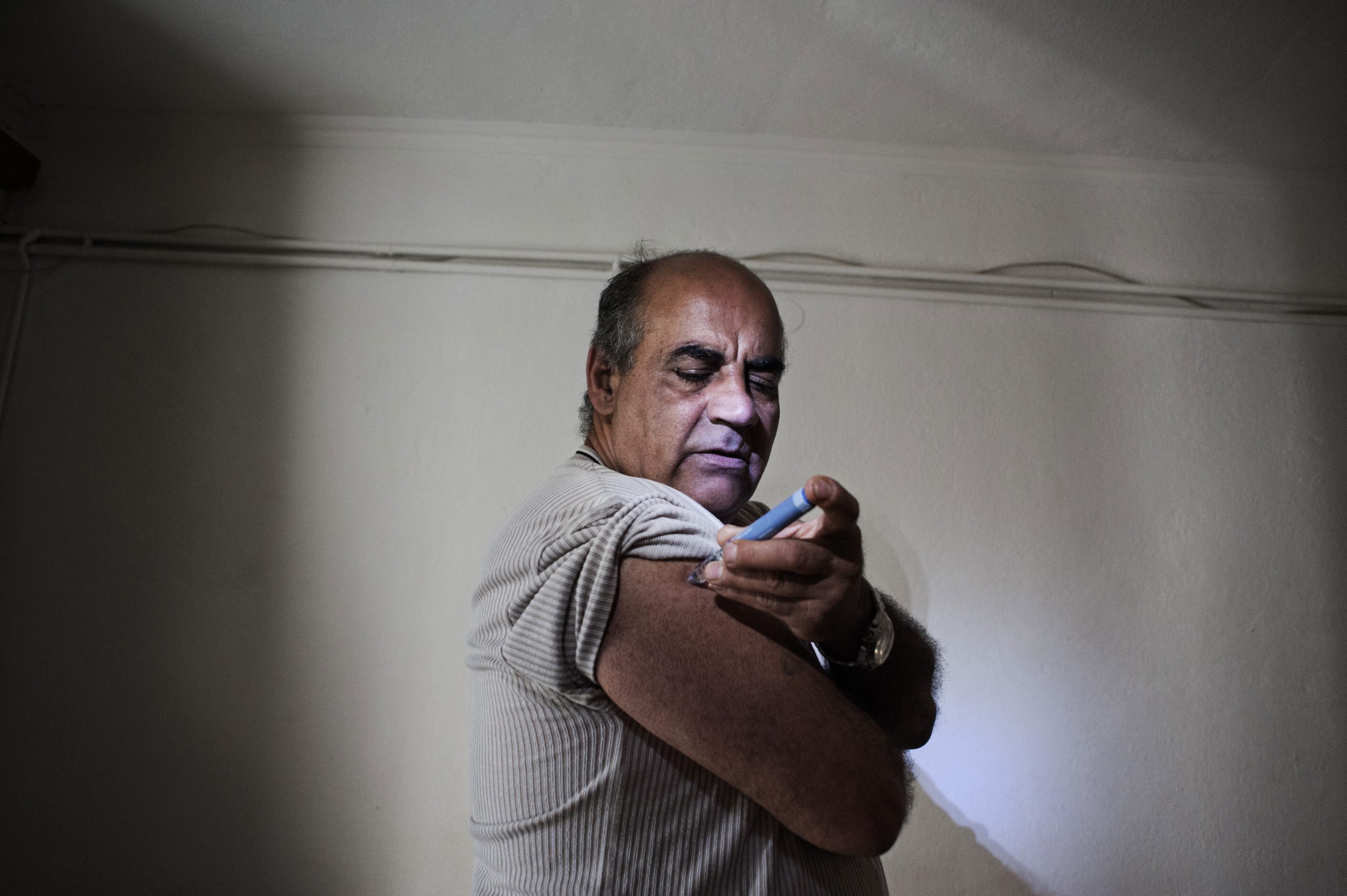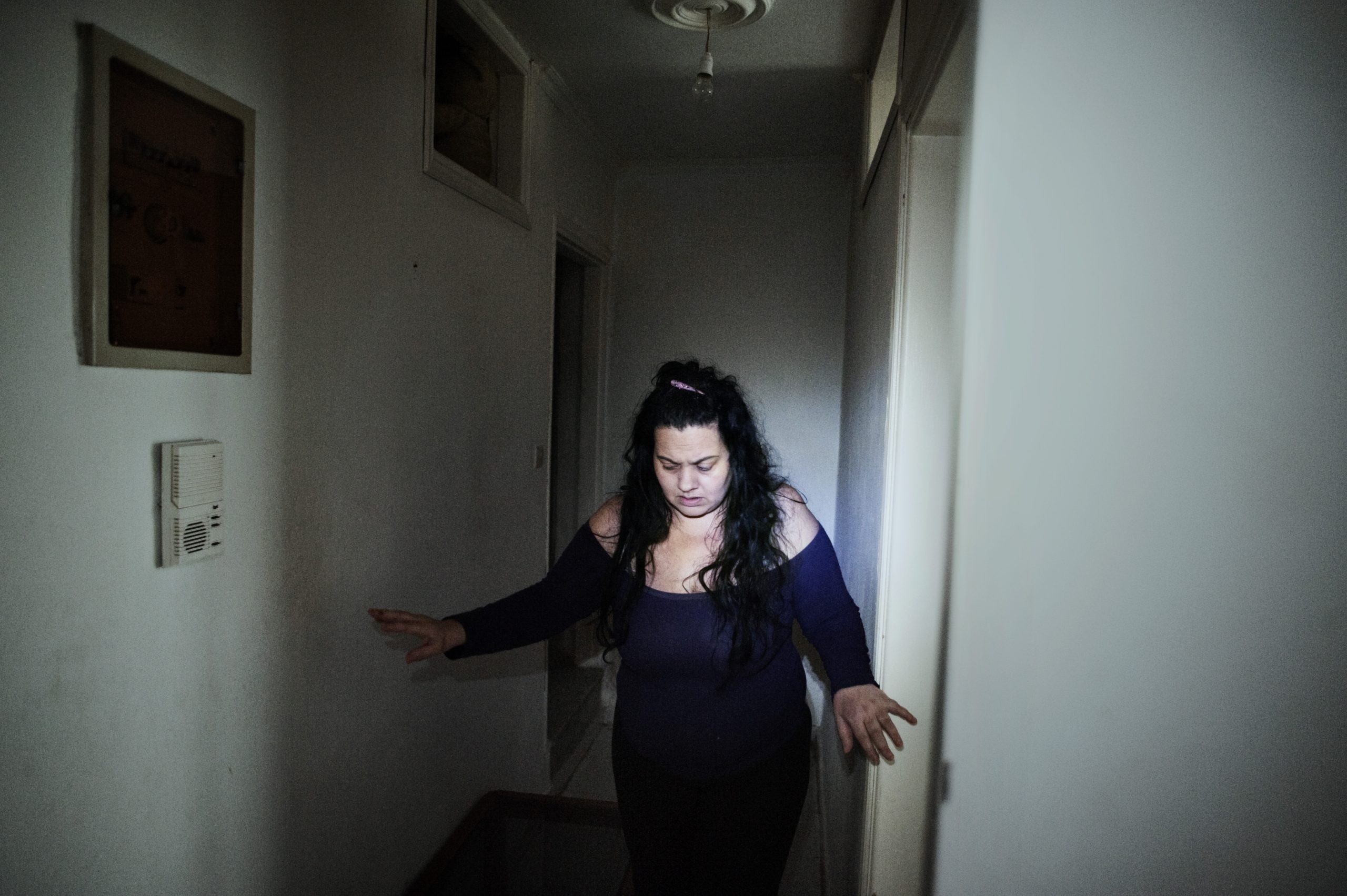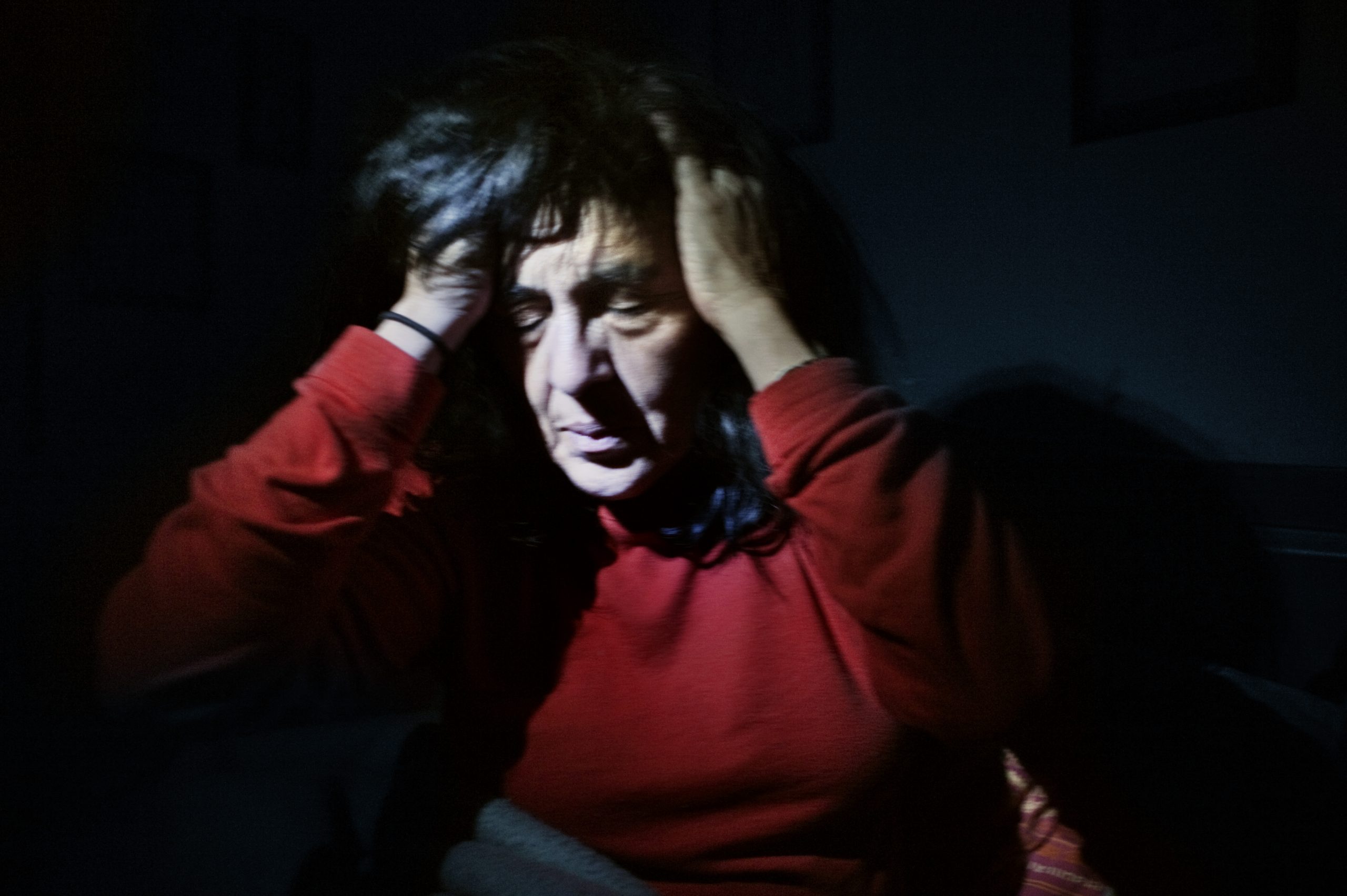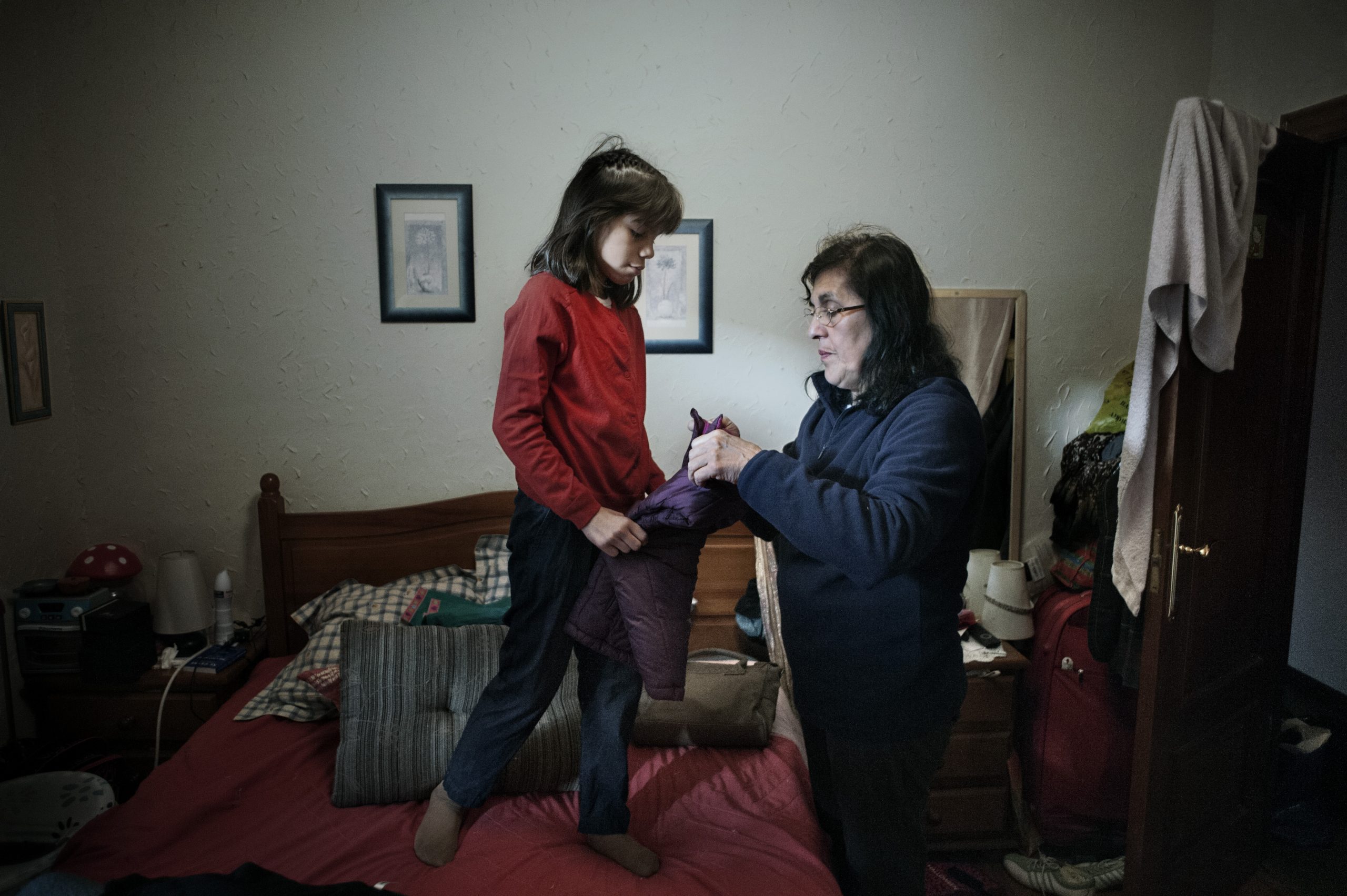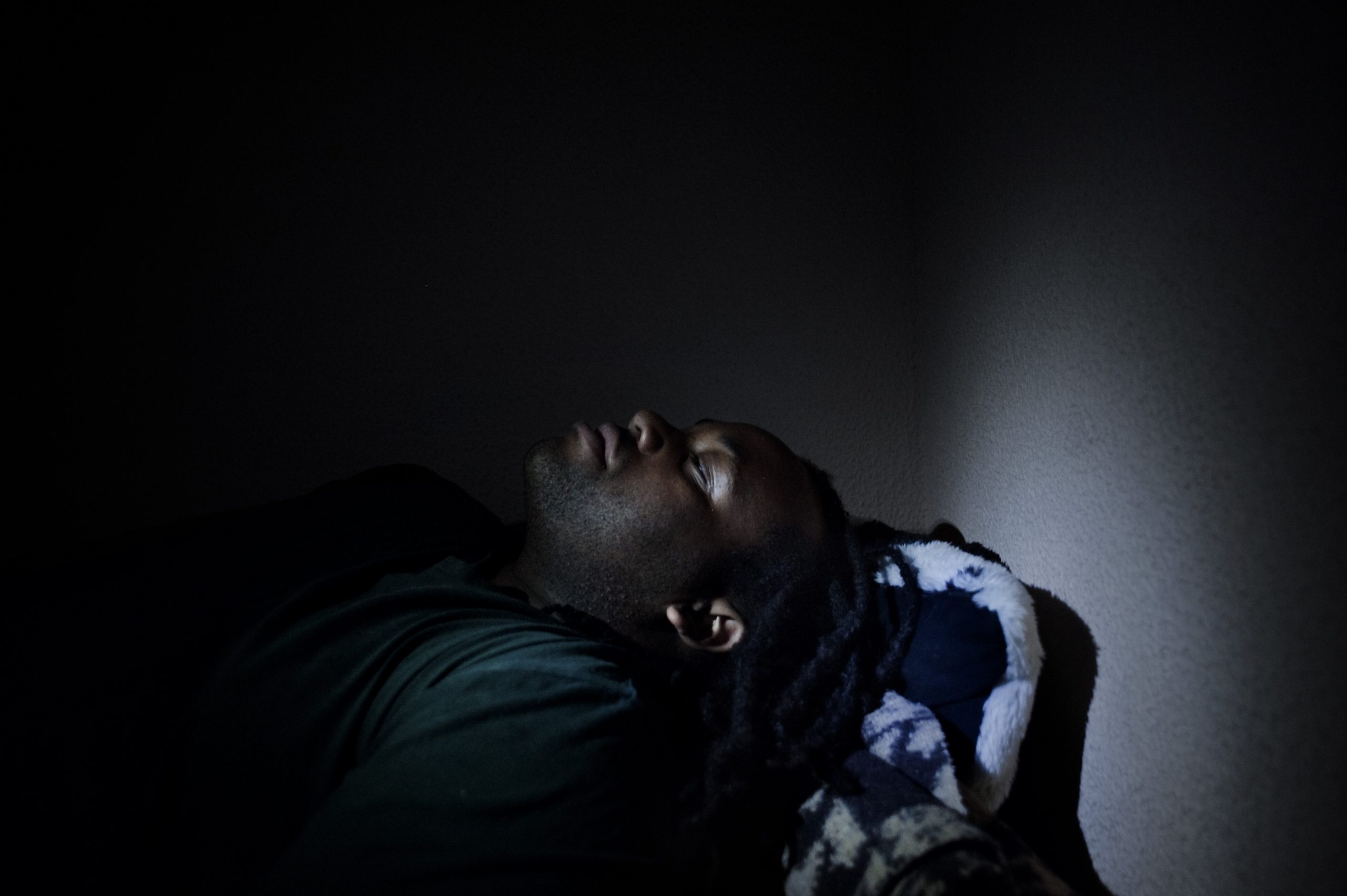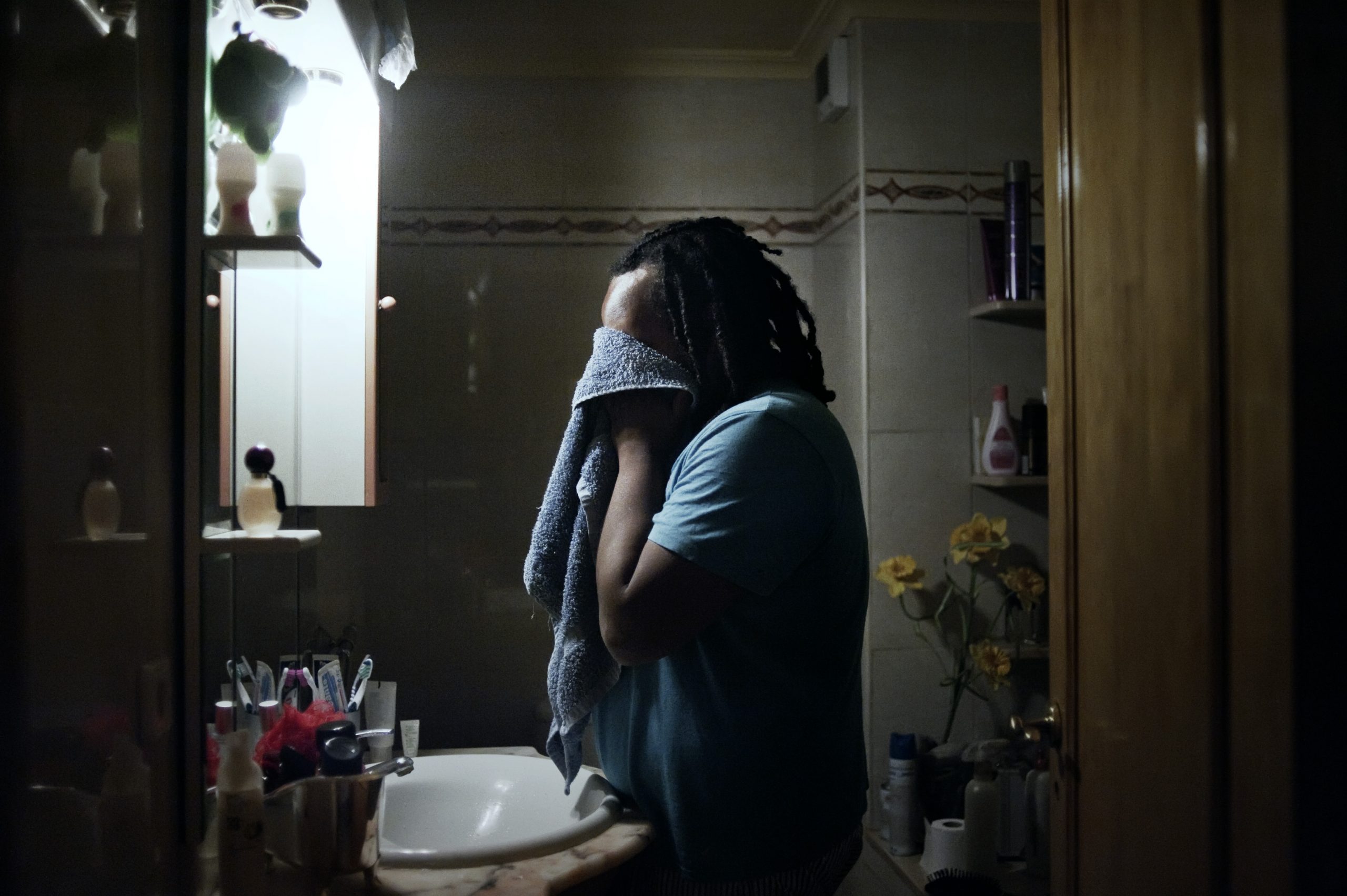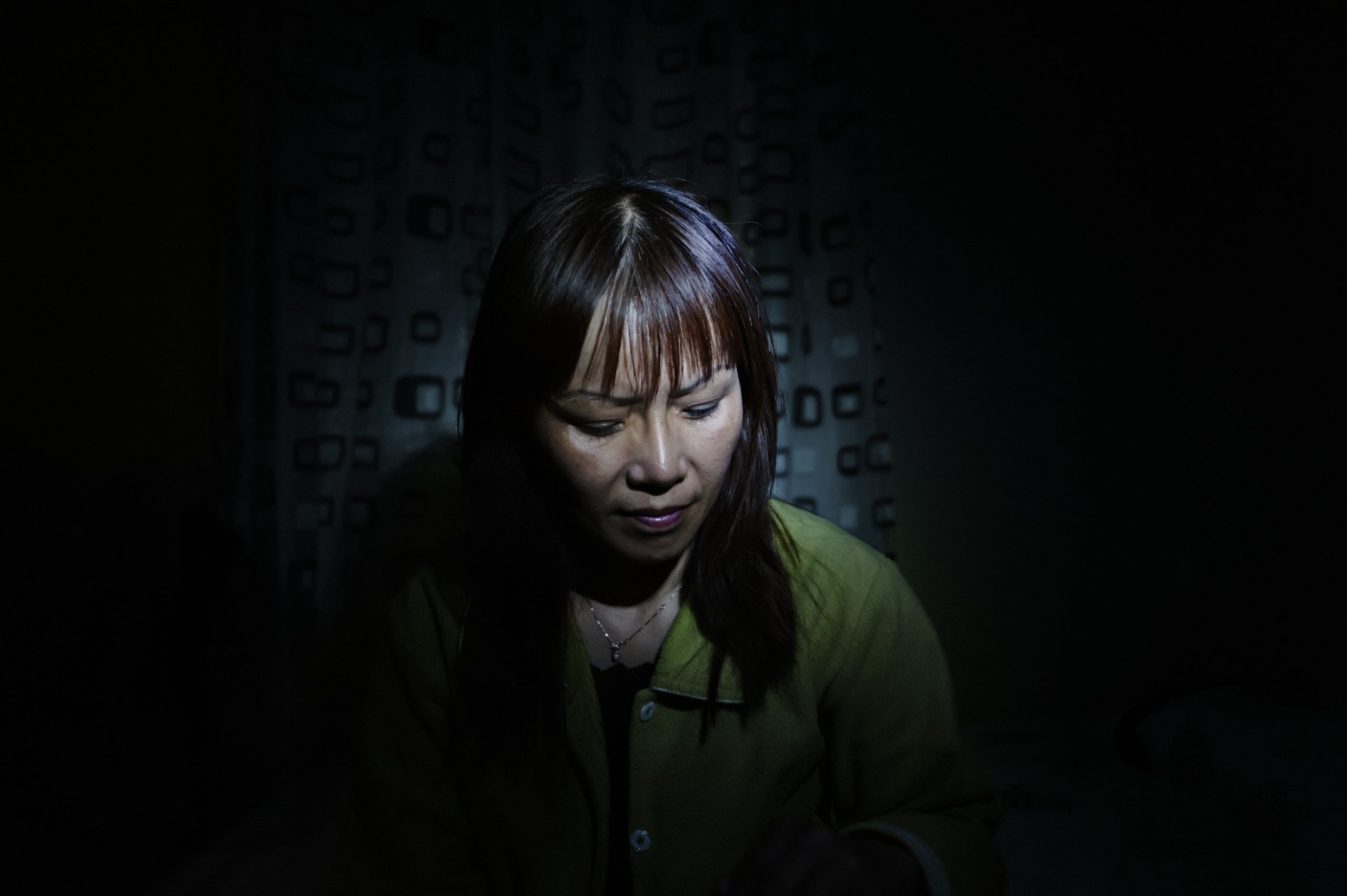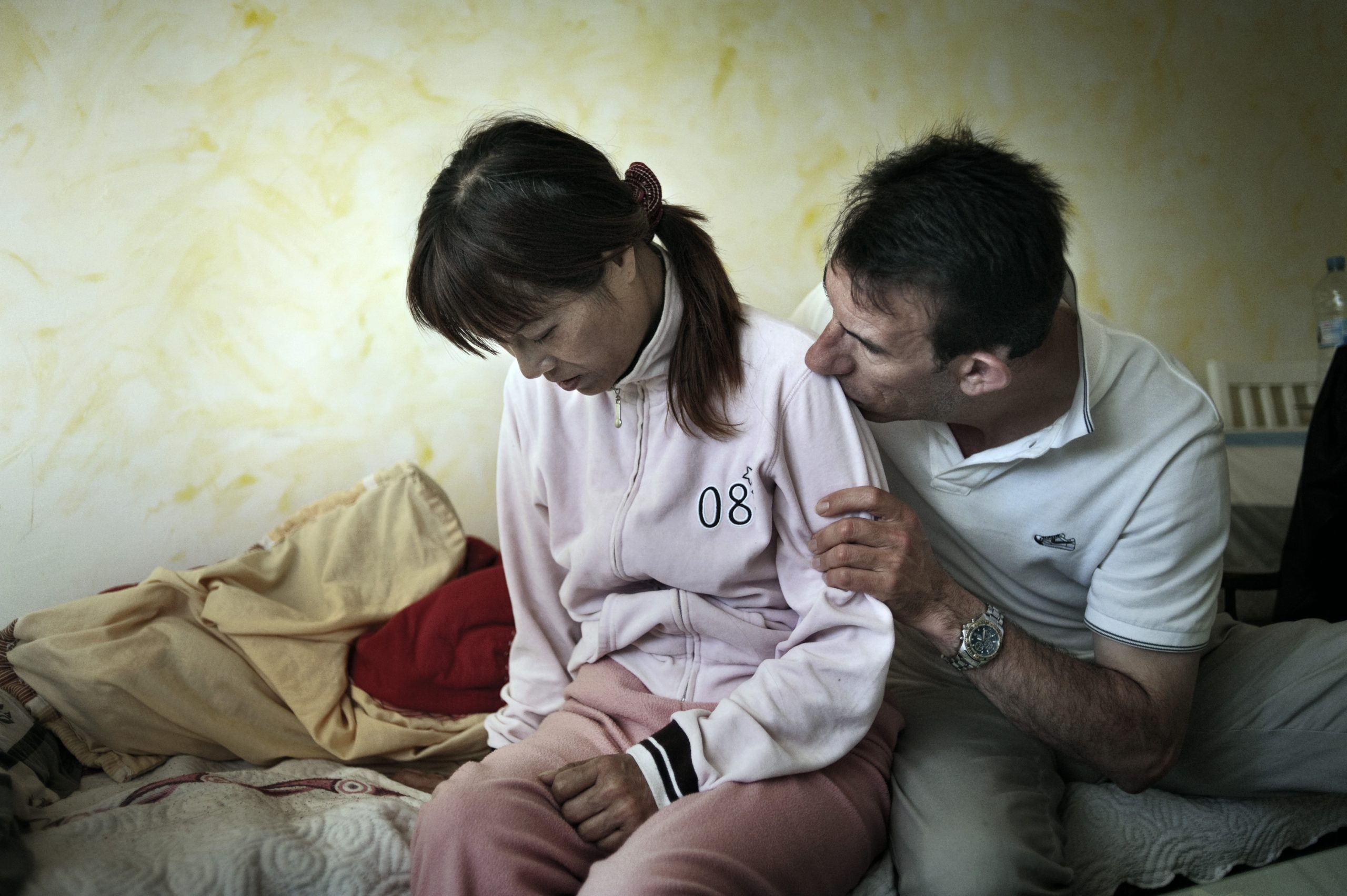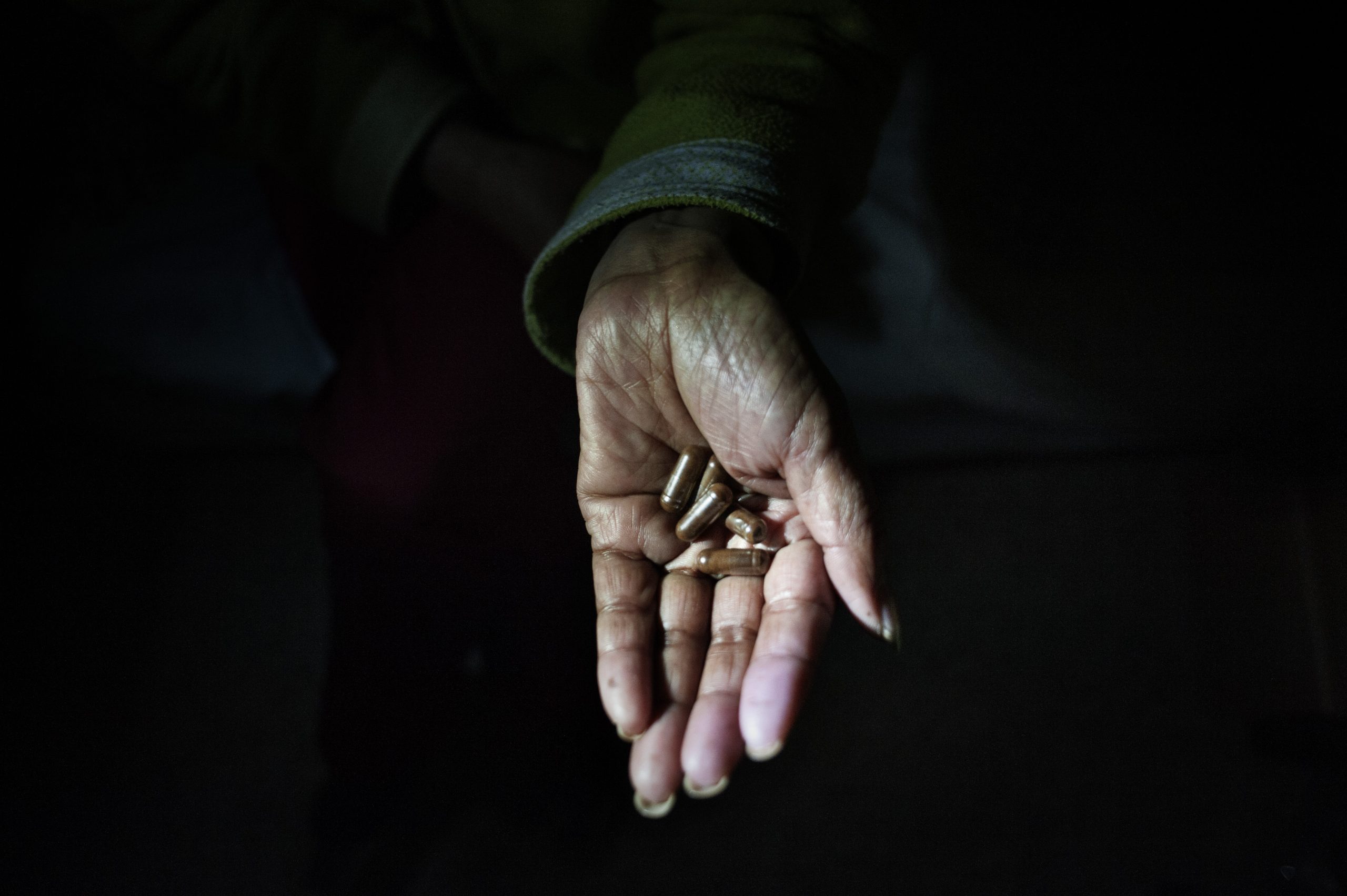Presentation
A new emergency is developing “Behind the Doors of the European Crisis”: the impossibility for the weaker economic classes to access health care and their disease consumed within the home. Dark interiors. Spotlights. Eyes lowered that don’t look at the camera, because they hide the disease and an unmentionable shame: the one of not being able to afford treatment.
In Spain and Greece, in the heart of Europe hit by the crisis, continuous cuts in health care imposed by the spending reviews have transformed hospitalization, a doctor’s visit, and ordinary medicine into a luxury good. The French Revolution explicitly inserted the right to health care in the “Universal Declaration of Human Rights”. Health care today on the Old Continent is becoming extinct and if the cause hits every social class, the most serious effects are on the poorer classes: income is the divide and thousands of people are inevitably condemned to death.
In 2012, on a two-monthly grant assignment for the NGO Médicos del Mundo, I photographed some of them to give them an identity, in Greece and in Spain, where the cuts were harshest. One Athens resident out of eleven eats at the soup kitchens; the eating habits of six Greeks out of ten have become worse. In sunny, tolerant Spain, the crisis has turned into xenophobia: as of September 1, 2012, health care has been denied to undocumented non-EU citizens. Laura, Thiago, Landi Fan, Eduardo, Chaoki, Elsa, Wilmer, Antonis. These are stories of men and women. Stories may be hidden behind our neighbor’s door.
Biography
Alessandro Grassani was born in Pavia, Italy in 1977. He studied photography at the Istituto Riccardo Bauer Institute in Milan. He is represented by the Grazia Neri Agency and his work has been published worldwide.
Grassani has covered social unrest provoked by the collapse of a series of financial pyramid schemes in Albania and clandestine immigration to Italy. His work has also taken him to the Balkans, South America, and Asia.
In 2004 he photographed the funeral of Yasser Arafat and subsequently began to document the ongoing Israeli-Palestinian conflict. He reported on life in the Gaza Strip and the demolition of Palestinian communities and returned again to the area following Hamas’ election victory and during the Israeli military operation referred to as ‘Summer Rain’.
Grassani has also worked in Iran, a country he visited for the first time at the end of 2003 to document the effects of the Bam earthquake. Since the presidential victory of the conservative Mahmud Ahmadinejad, he has returned on numerous occasions to investigate the situation of Iran’s Jewish community and has undertaken a long-term project that explores the complexity of Iranian society.
In 2010 Grassani began to document the emerging phenomenon of climate migration, a problem he fears will escalate into a worldwide humanitarian emergency of epic proportions within the next few decades. The first location documented for this ambitious project was Ulaanbaatar in Mongolia. Future phases are planned that will focus on Dhaka, Bangladesh, and Dakar, Senegal.
Grassani’s work is included in the collections of the FNAC and the Holocaust Museum in Jerusalem. He has exhibited his photographs in numerous solo and group exhibitions including: the International Festival of Photography in Rome ‘Circa 35’ (2003), the SI Fest in Savinano sul Rubicone, Italy (2006); Galleria Belvedere, Milano (2005, 2006, 2007, 2009); the Palazzo Ducale, Genoa (2008); the FNAC Galleries (2009), Jeanie Madsen Gallery, Santa Monica, California (2009); ‘La Grande Venezia’, Palazzo delle Esposizioni di Roma (2010); the International Photographic Festival of Arles, France (2010) and ‘Global World: Through the Lens of Human Rights’ at the Magistrat Gallery, Ptuj, Slovenia (2011). His work has been awarded honourable mentions in various competitions including the 2007 Fnac Talento Fotografico competition, the 2010 Mario Giacomelli Memorial Fund Photography Competition, the 2011 SOFA Global World Photo Competition and the 2011 IPA International Photography Competition.
